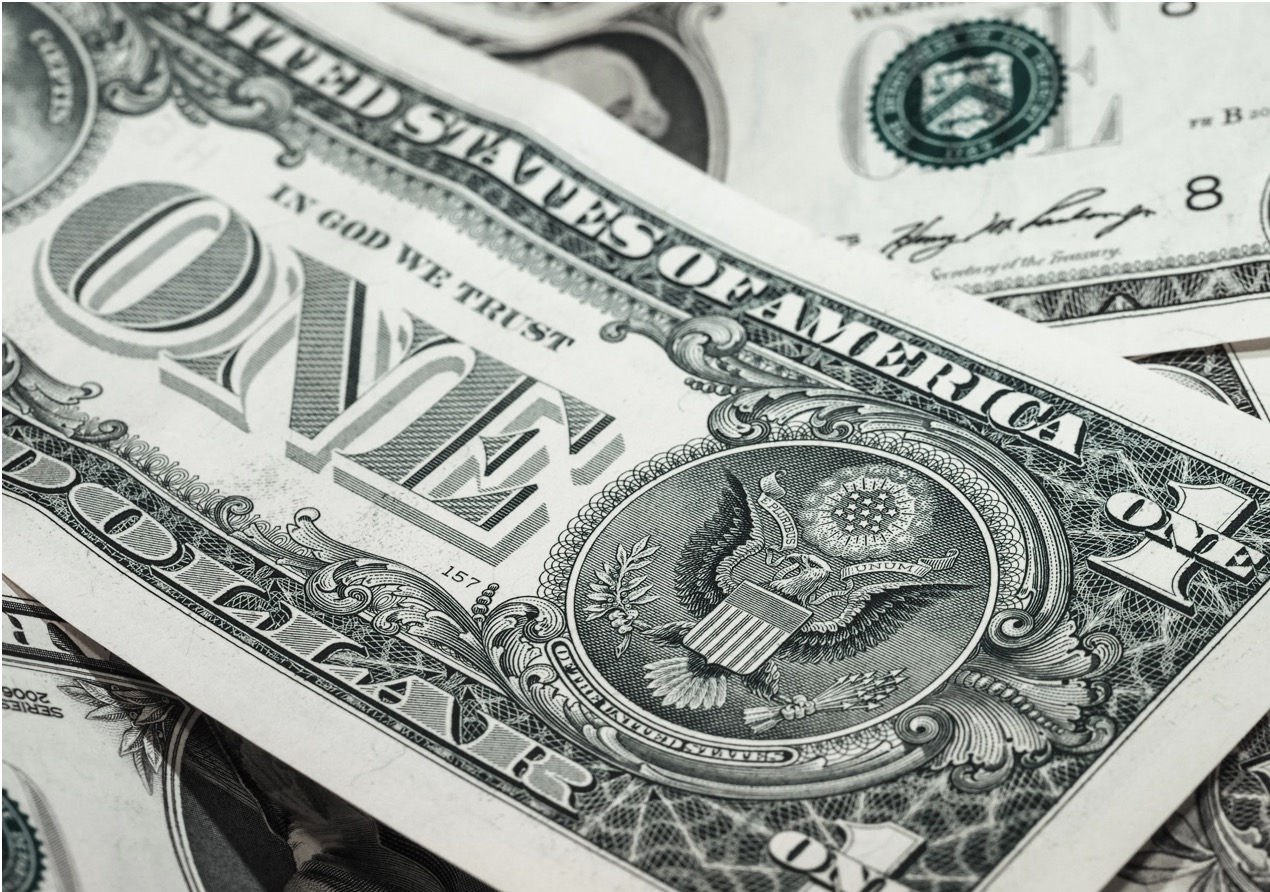FDs have reliably served generations of Indian investors aiming for guaranteed returns without market volatility risks. They are interchangeable with principal safety and enduring appeal for retail investors seeking stable supplementary funds. However, fixed deposits are also transforming with technological progress and customer expectations.
In this article, we will understand the FD interest rate trends and why fixed deposits continue to be a preferred investment avenue promising secured earnings.
FD Interest Rates in Upcoming Year
1. Enabling Procedures via Digital Platforms
Internet banking has significantly enhanced the accessibility and ease of investing in fixed deposits for many account holders. Most leading banks today allow the completion of the full cycle of opening, managing, and renewing FD interest rates through digital channels, minimizing paperwork and trips to branches.
Customers can compare interest rates of different tenure options at a glance and use online FD calculators to estimate overall earnings. Tech capabilities also enable tracking maturity dates and interest payouts in real-time.
2. Personal Investment Objectives
Banks are entering into tailored-made FDs aligned to the specific requirements of investors based on their risk appetite and goals. For conservative folks focused exclusively on capital preservation rather than maximizing yields, FDs with guaranteed returns might be suggested.
Those open to some risk can consider market-linked FDs, allowing exposure to indices for some upside. By profiling customers and understanding their needs, banks can push suitable fixed deposit product variants like recommending mutual funds.
3. Efficiency through Environment, Social and Governance (ESG) Factors
With sustainable investing gaining prominence worldwide, Indian banks also launch environmentally and socially conscious fixed deposits supporting initiatives like renewable energy water conservation based on ESG factors. By choosing such thematic FDs, investors can align investments to personal values like climate action and community development apart from stated returns. However, this allows banks to differentiate offerings while customers see their funds create real impact.
4. Bundling Added Services with FDs
Future fixed deposits may be bundled with extra services like digital payment tools, insurance and investment advisory to improve the scope of offerings. FDs are packaged with accident coverage plans or complimentary access to wealth management platforms from the same bank. Such cross-selling strategies have already gained footing in credit cards and loan segments, with bundling poised to saturate the FD space soon.
5. Incentivising Customers through Benefits
Expect interest rates and loyalty bonuses on fixed deposits as banking turns hypercompetitive. Incumbents and Fintechs, eager to acquire term deposit customers, will likely roll out cashback offers, reward points, or exclusive privileges to pull investors. Such member-only benefits clubbed with promotional teasers, especially for digital channels, might become recurring practices to stand out.
6. Harnessing Technology for Ease of Monitoring
Technologies around automated alerts, predictive analytics and robo-advisory will likely be incorporated to improve the FD management experience. Instead of manual tracking, smart systems can update investors on interest payouts or returns criteria and suggest optimal re-investment opportunities. Doing this would allow fixed deposit investors to realise better value while saving time and effort.
7. Building Flexible Access to Funds
Traditionally, premature withdrawals from fixed deposits entailed steep penalty charges. However, future FD products might embed flexible liquidity options, allowing customers easy access to funds in case of contingencies without entirely breaking the deposit tenure. While partial withdrawals online can address unexpected needs, the core amount stays invested at agreed returns.
8. Making Cross-Border Investing Possible
As Indian banking becomes more integrated globally, fixed deposits may transcend geographical barriers, too. Prospective options like opening foreign currency deposits with international banks or offshore branches of Indian banks can materialize. Such cross-border fixed deposits can tap into attractive rates abroad apart from diversification benefits to return-focused investors.
FD as a Preferred Investment Avenue
1. Safety and Security Assured
Fixed deposits are a popular choice for risk-averse depositors due to their guaranteed returns and capital protection. They are fully insured, and banks offering them are regulated by the RBI. DICGC insures deposits up to Rs 5 lakh, providing security to retail investors in India.
2. Consistent Earnings as Inflation Barrier
Fixed deposits shield against inflation and provide consistent yields. Committing resources for 1 to 5 years assures investors of annual accruals sheltered from market instability. They offer inflation-adjusted risk-free earnings and are popular in family portfolios.
3. Serving Diverse Investment Horizons
Fixed Deposits (FDs) offer investors a flexible investment option with varying tenures from 7 days to 5 years or longer. FDs are suitable for conservative investors who prefer low-risk investments. Features like auto-renewal allow investors to reinvest in matured deposits without manual effort.
4. Quarterly Payouts to Meet Routine Requirements
Fixed deposits are ideal for those seeking regular income. The quarterly interest payout option allows investors to receive interest accruals every three months, providing a routine inflow to take care of recurring expenses without breaking the fixed deposit.
5. Hassle-free Tax Planning
FDs offer predictable returns and tax benefits to conservative investors. By submitting PAN card details, investors avoid TDS on yields below Rs 40,000. Also, the principal invested in 5-year tax-saving FDs qualifies for deduction under Section 80C, making them a popular choice for those seeking tax relief and secure returns.
Conclusion
Bank fixed deposits in India have been popular due to their principal protection, flexible returns, and early tax planning benefits. With the increasing digitisation trends, FDs are expected to evolve into dynamic and integrated digital assets aligned with 21st-century expectations around customisation, sustainability, and technological convenience.




